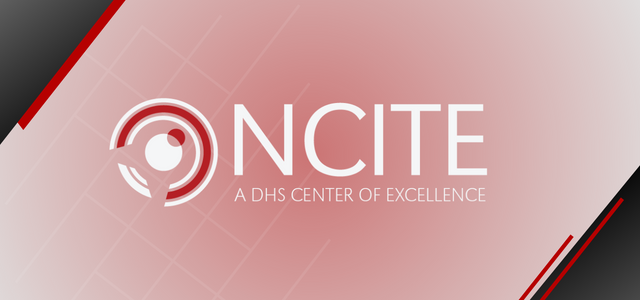Document Type
Report
Publication Date
6-2023
First Page
1
Last Page
8
Abstract
The use of computer hacking, malicious software, and other forms of cyberattacks against U.S. infrastructure has increased dramatically since the 1990s. Many of these attacks target corporations and individuals for instrumental economic gain, such as the theft of personal information for use in fraud. Ideologically motivated attacks also occur, though the degree to which they are understood or documented is generally limited. For instance, jihadi groups have expressed an interest in cyberattacks since the early 2000s (see Holt et al., 2022). Similarly, DHS (2009) noted in the late 2000s that they expected cyberattacks from environmental or animal liberation-focused groups to increase. Attacks not only originate from individual actors, but also from nation-state-sponsored actors who seek to further the political and economic interests of their governments.
Recommended Citation
Holt, Thomas J.; Chermak, Steve; Freilich, Joshua D.; Greene-Colozzi, Emily; and National Counterterrorism Innovation, Technology, and Education Center, "Understanding and Applying SAR to Ideological and Nation- State-Sponsored Cybercrimes" (2023). Reports, Projects, and Research. 39.
https://digitalcommons.unomaha.edu/ncitereportsresearch/39


Comments
Acknowledgement This material is based upon work supported by the U.S. Department of Homeland Security under Grant Award Number 20STTPC00001-03-01. Disclaimer The views and conclusions contained in this document are those of the authors and should not be interpreted as necessarily representing the official policies, either expressed or implied, of the U.S. Department of Homeland Security.